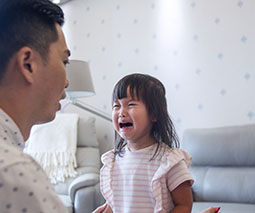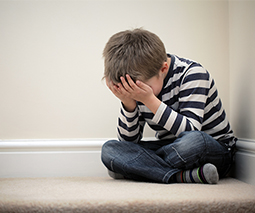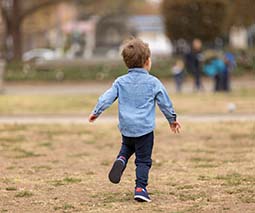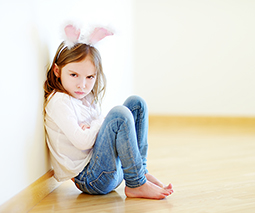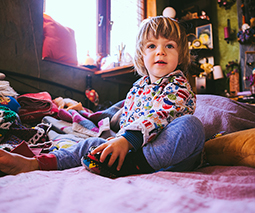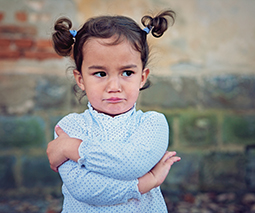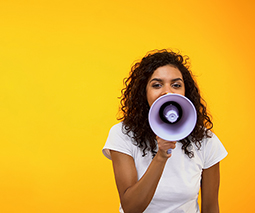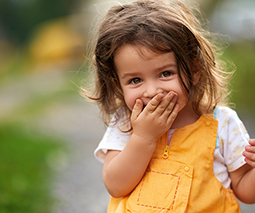Shame in your game? Why it’s important for your child to feel shame
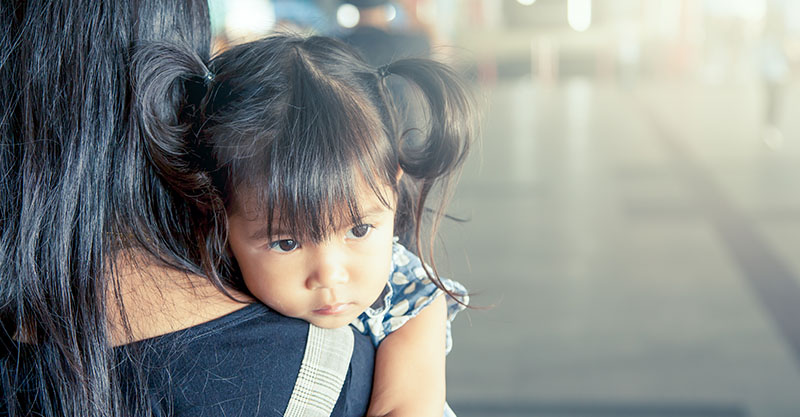
If there’s one thing I consistently did as a mother, it was to try and get in between my children and big uncomfortable feelings. I wish I’d had Dr Joseph Burgo’s book to help me see the wisdom in one of the big ones – SHAME.
Shame, shame, shame
We hear a lot about shaming and frankly, it’s a pretty demonised state of being. Be it body shaming (hello Chrissy Teigen!) or mum shaming (hello Khloé Kardashian!) or unpleasant wholesale public shaming (hello Davina, Tracy, Jessika, Susie, Ines et al of #MAFS) … it’s something we watch from afar and seek to avoid.
But what even IS shame and why are we so scared of feeling it? And how can we parent our kids in a way that helps them tackle shameful feelings?
Dr Joseph Burgo is a psychotherapist and author of Shame: Free yourself, find joy and build true self-esteem. He says shame is a complex beast, but perhaps not the total monster we might have been lead to assume.
“I define shame as a whole family of emotions,” Dr Burgo says. “It’s not just that big toxic scary thing that we all want to avoid. It’s a set of emotions that have in common a painful awareness of self.”
Read more stories about the science of parenting:
- Babies can recognise mum’s anger much earlier than anyone thought, study
- Emotional coaching: A toolkit to help little kids cope with big emotions
- A group of paediatricians just slammed two outdated approaches to discipline
What can shame teach us (and our kids?)
I feel a bit pained even thinking about what shame is. It reminds me of all the times I’d rather forget. But Dr Burgo says this is completely normal and utterly human. He explains that while shame feels pretty terrible, it serves an important purpose.
“Anytime you become self-conscious in a way that makes you feel bad, or if you’re embarrassed or you feel guilty or you feel ashamed or humiliated or exposed. These are shame emotions. ”
“Some of them are big and last for a long time. Some are mild and pass quickly but they all have that painful awareness of self … It’s a scary toxic kind of feeling but sometimes it’s appropriate and sometimes it has a lesson to teach us about our behaviour and about ourselves.”

No shame in your game?
While we’ve been taught to avoid and fend off shame, Dr Burgo points out that very often our shameful feelings make sense.
“We’ve become a kind of a ‘shame phobic’ society because shame is defined in this bad way. Anything that stirs up shame becomes a kind of an enemy and we want to fight back, we want to lash out, we want to blame someone else. We refuse to feel shame and I think that actually sometimes shame is the way we ought to feel.”
Dr Burgo says that these emotions that surround shame – things like embarrassment and regret – serve a purpose and teach children big lessons about their behaviour. As babies become toddlers, shame-related feelings play a role in helping kids develop.
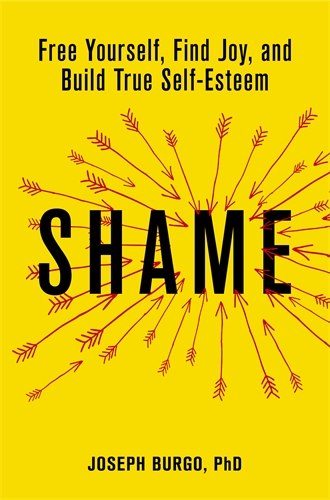
“There’s a certain amount of shaming that is normal and beneficial,” he explains. “Even then I don’t mean humiliating. I take pains in the book to distinguish the kind of micro shaming that goes on in normal socialising of children. You know a look of disapproval. The word no.”
“These are all little examples of shame and just as joy is important for brain developed in the first year of life it turns out that these shame experiences are crucial in the second year of life. They need to be small and manageable and then they need to be followed up with you know joyful reconnection when the child learns the appropriate behaviour.”
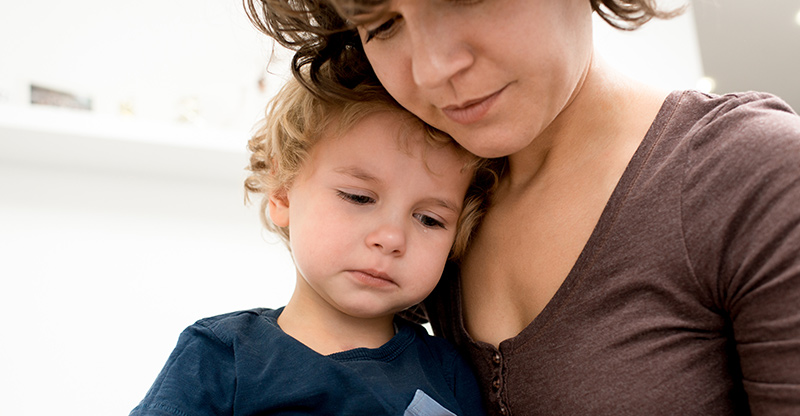
Sitting with hard feelings
And if you think of other feelings, just say the feeling of sadness when a child’s favourite pet or person dies, for instance. We don’t for a minute try to cheer the child up or stop them from feeling it. We respect the feeling and understand its importance.
It seems that despite the bad rap, shame is important too, helping children adapt, build resilience and foster empathy – to name just a few benefits of living through this feeling.
So how can parents press refresh on their relationship with shame and help their children come to terms with these tricky feelings?
“I think that one of the major ways that children learn is by imitating the way that their parents react … So if they see a parent feeling ashamed and they instantly get angry and accusatory and start blaming someone else. They learn, ‘Oh, that’s how I deal with shame when shame comes up. I just bat it away and point the finger at somebody else’.”
“So if they see a parent who instead has a sense of humour maybe about herself and she feels embarrassed and she says, ‘Well, that was really embarrassing. Gosh!’ you can kind of acknowledge the feeling and not be overwhelmed by it. You know it’s not the end of the world. You can manage embarrassment.”
